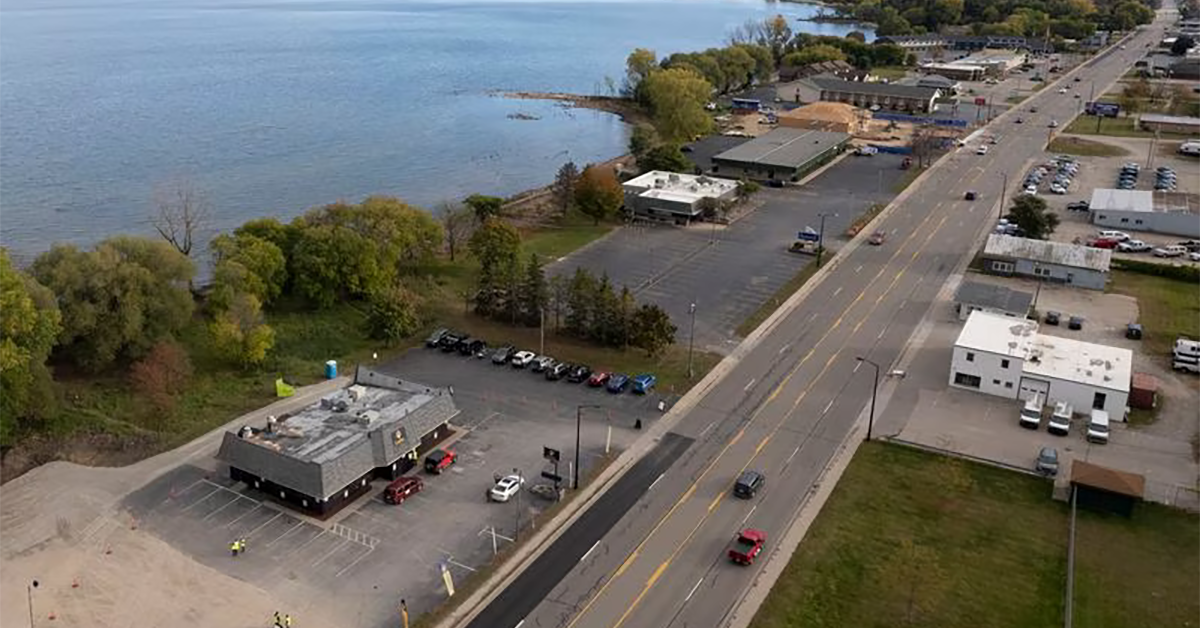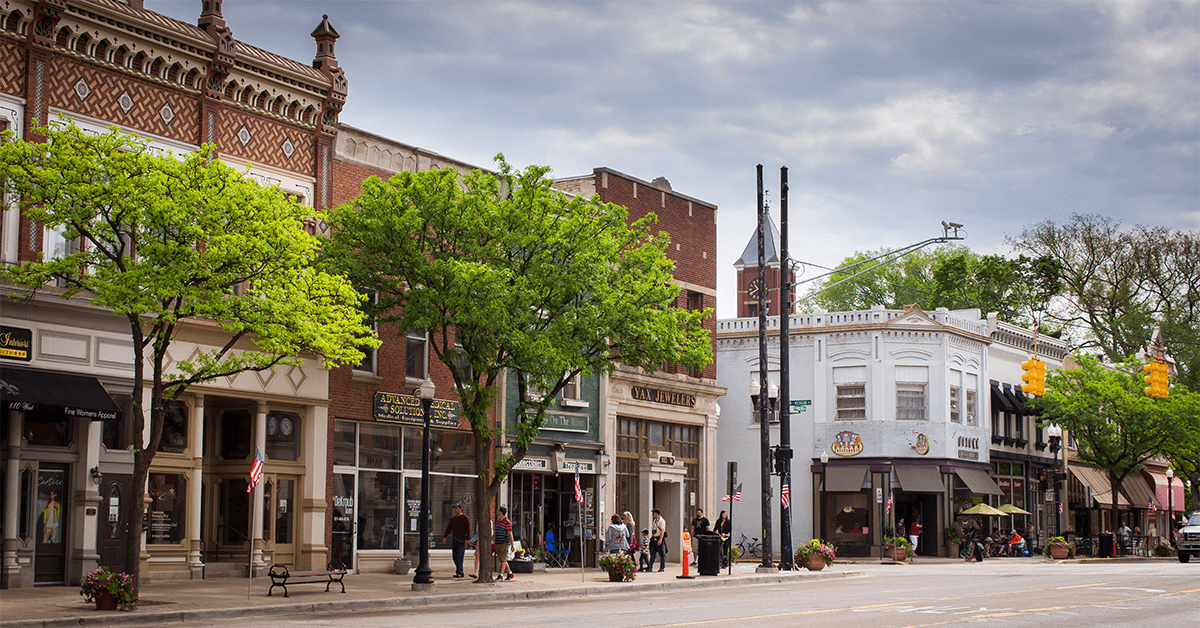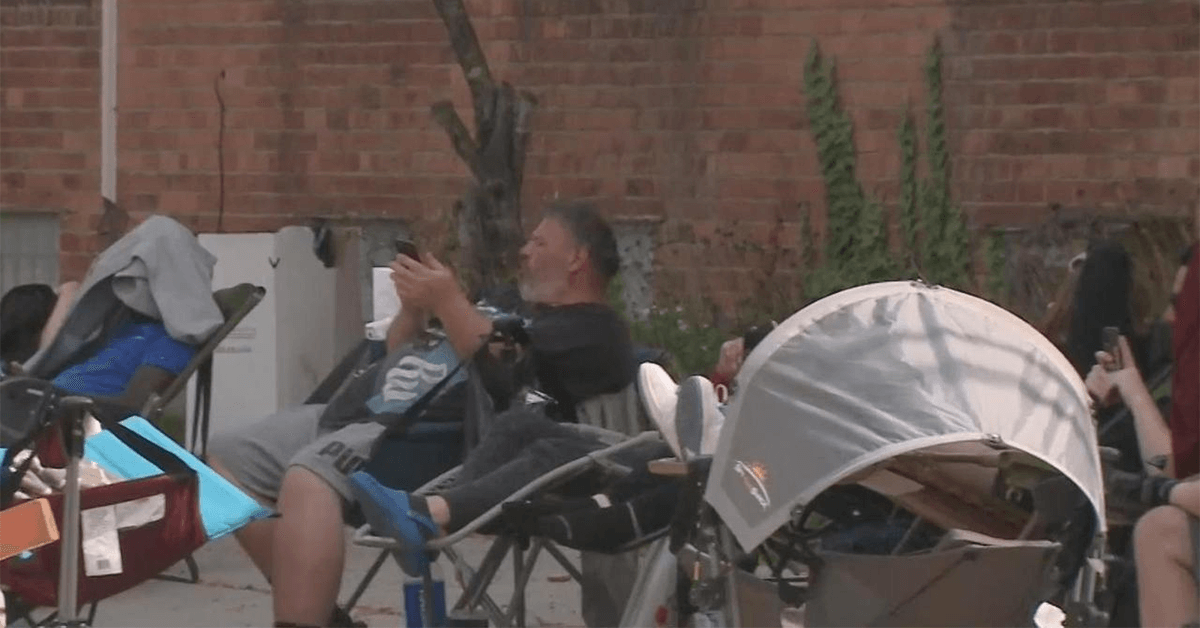Legal Tug-of-War Leads to Shutdown of Menominee Cannabis Shops

The simmering legal conflict in Michigan's Upper Peninsula has reached a boiling point as Menominee Circuit Judge Mary Barglind issued a definitive order on Friday, November 3rd, to close three prominent cannabis dispensaries embroiled in a contentious legal tussle. This latest development comes as a significant blow to Lume, Higher Love, and Nirvana Center—prominent players in the Michigan marijuana market with an established presence across the state.
Lume, a dominant force with nearly 40 statewide locations, Higher Love, operating six stores in the U.P., and Nirvana Center, with 13 other Michigan outlets, have been instructed to halt their operations immediately. This directive aligns with Judge Barglind's prior preliminary injunction from September 26th, which was intended to preserve the "status quo" of cannabis business activities in Menominee amidst a lawsuit involving competitors Rize, The Fire Station, and a ballot committee. This legal skirmish indicates a broader marijuana "turf war" in the city, where the initial two licensed shops—Rize and The Fire Station—are challenging the presence of six additional dispensaries aiming to stake their claim in Menominee's burgeoning market.
In an unfolding drama, the city of Menominee faces the complex issue of how to handle businesses already issued licenses in light of the court's ruling. While the city chose not to shutter these establishments, the court's clarification on October 17th declared unequivocally that businesses not operational by September 26th at 1 p.m. were not permitted to commence sales. This order has been flagrantly disregarded, prompting Rize, through representation by the Mike Cox law firm, to request judicial intervention.
Attorney Michael A. Cox, representing Rize, emphasized the court's adherence to evidence and law in its decision to close the dispensaries which had defied the court's mandates. He criticized the three companies for hiring employees under false pretenses, knowing their operations were in legal jeopardy. Before the court's clarification, however, the three businesses in question had already initiated operations, albeit in a limited capacity with curbside sales or through discreet retail openings.
Despite official reports stating that none of the dispensaries were operational by the crucial September 26th deadline, affidavits and statements from the businesses themselves paint a conflicting picture, complicating the enforcement of the court's orders.
The roots of the dispute trace back to a legal battle initiated when the Menominee City Council voted to establish a new marijuana licensing ordinance, thereby permitting the opening of at least six new cannabis businesses. This move contradicted the expectations set by a previous ordinance that granted exclusive operating licenses to Rize and The Fire Station. The latter's business plans were delayed due to litigation from other marijuana enterprises, including the three now facing closure.
Following a settlement agreement that granted licenses to these companies and a sixth entity, Rize and The Fire Station mobilized a ballot referendum to potentially overturn the settlement. In a controversial turn, the City Council employed a strategic maneuver to block public voting, invoking a clause that prohibits referendums on funding-related ordinances.
Amidst these legal entanglements, The Fire Station and Rize opened their doors in July and August, respectively. Meanwhile, the lawsuit claims violations of the Open Meetings Act by the City Council and questions the legitimacy of the new marijuana licenses issued.
The ongoing saga places the City of Menominee in a precarious position, as the legal fees of the city are underwritten by the very dispensaries now under the judicial microscope—a settlement stipulation that has raised eyebrows and court objections.
As the community awaits a hearing scheduled for November 15th, stakeholders on all sides are preparing their arguments regarding the future operations of these dispensaries, ahead of a permanent injunction hearing set for February 22nd. The outcomes of these legal proceedings will shape the landscape of the marijuana industry in Menominee, impacting businesses, consumers, and the governance of the city's cannabis policy.
With parties maintaining a guarded stance, the future of cannabis operations in Michigan's U.P. hangs in balance, awaiting Judge Barglind's final ruling that will determine the fate of these embattled dispensaries.
Share this article:
Spotted a typo, grammatical error, or a factual inaccuracy? Let us know - we're committed to correcting errors swiftly and accurately!








 Helpful Links
Helpful Links